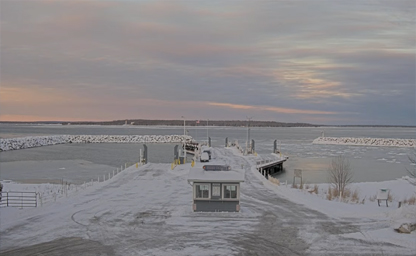
Northport Pier
A ferry terminal in the town of Northport on Ellison Bay

A ferry terminal in the town of Northport on Ellison Bay
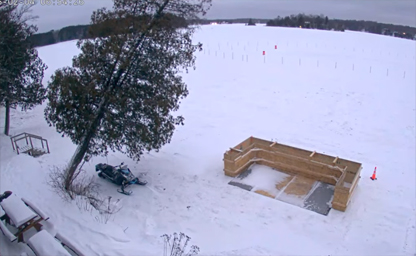
Situated 10 miles west of Land O’ Lakes
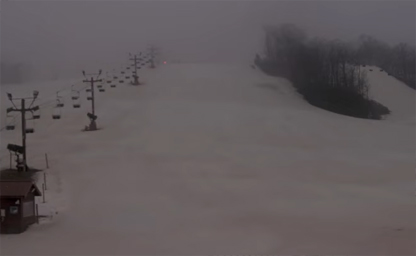
Wintertime destination featuring traditional ski slopes
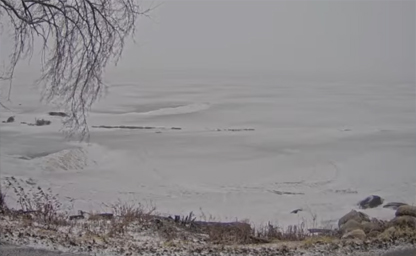
Located on Lake Winnebago and even watch the sunset
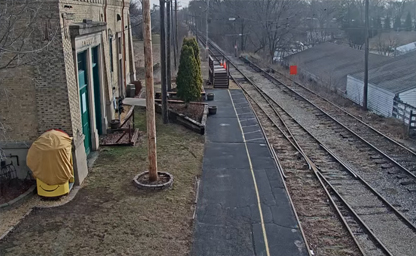
Located at our Depot, 1992 Church Street, East Troy, WI 53120
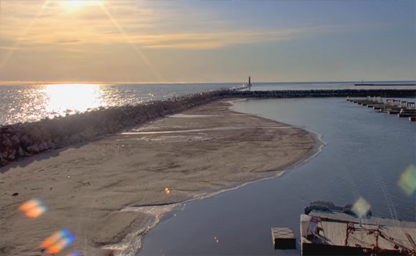
Live view of Sheboygan's North Beach and water conditions
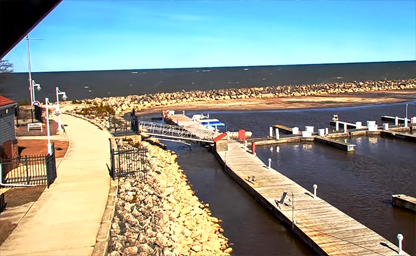
Ideally located mid-state in beautiful Sheboygan
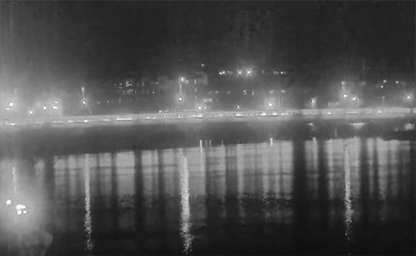
Lake Winnebago is a shallow freshwater lake in the north central United States
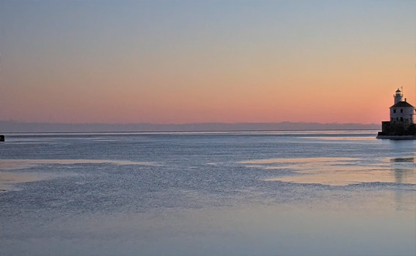
Situated at the Superior Entry to the Duluth-Superior Harbor
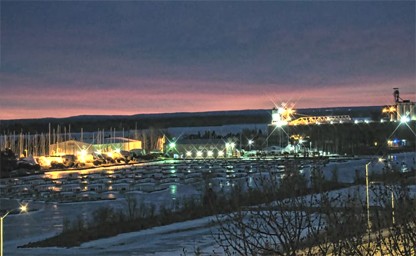
Overlooks Superior Bay and Barkers Island in Superior Wisconsin
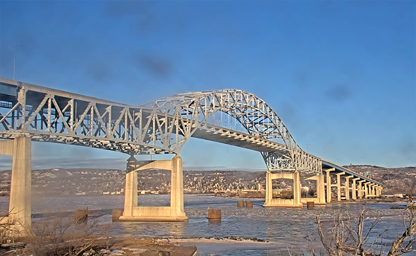
Situated atop the AMI building, at the end of Connors Point in Superior
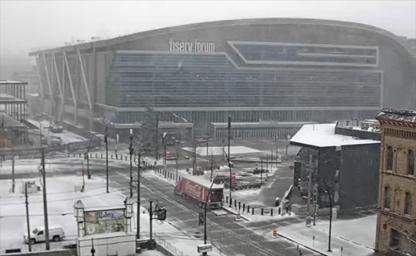
On the roof of the Steinmeyer Building looking across Old World 3rd Street, down Highland Avenue towards the Fiserv Forum
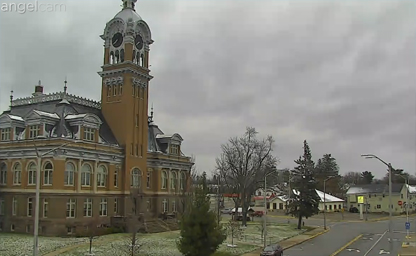
Situated to the south of and adjacent to the Town of Merrill
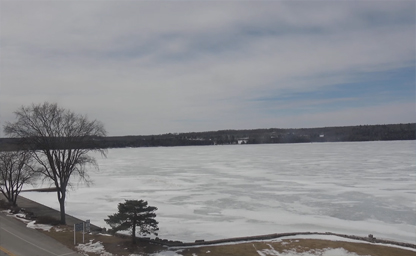
Come relax on the shores of Eagle Harbor and enjoy our tranquil views
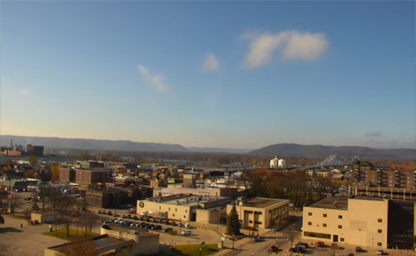
An outstanding example of a cantilever through truss bridge
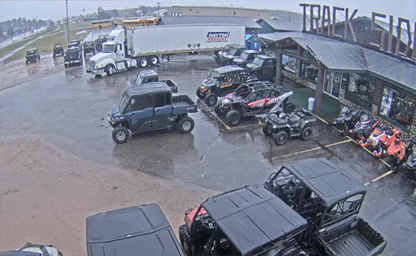
A hub for snowmobiling enthusiasts throughout the winter months
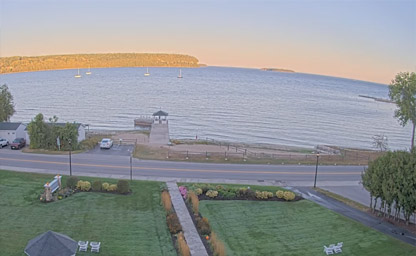
One of the most charming villages in Door County
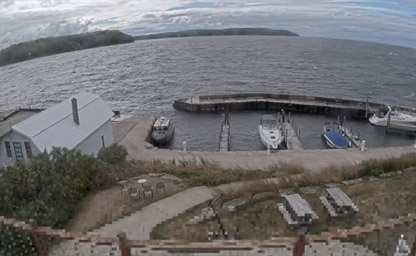
At the northern tip of the Door Peninsula in Door County
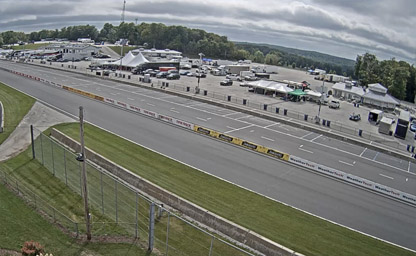
Whether the sun is shining or rain is falling, take a LIVE look at Road America
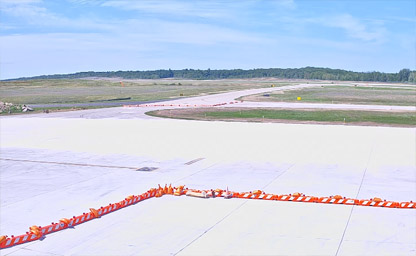
A vast area encompassing northern Wisconsin and Michigan’s Upper Peninsula
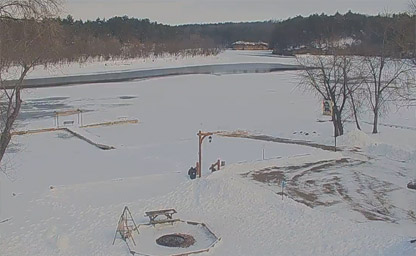
Situated along the banks of the beautiful Wisconsin River
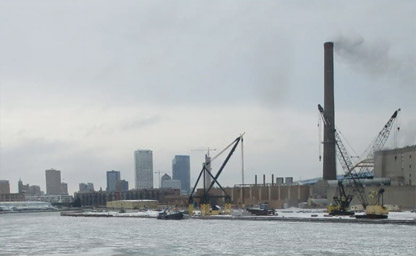
The place where our three rivers come together
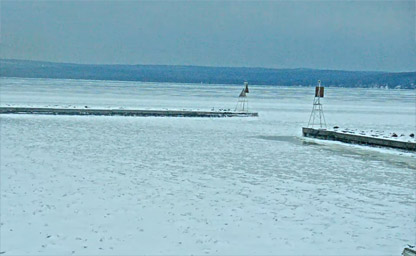
Surrounded by the notoriously treacherous waters of Lake Superior
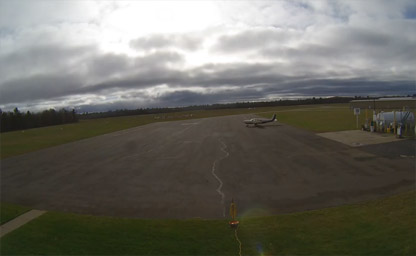
The Original Up North Experience
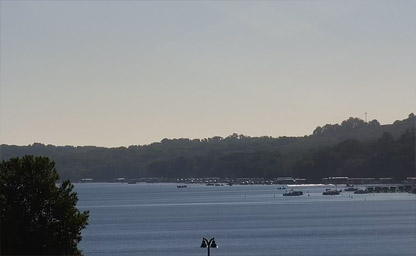
Across the lake from the active city of Lake Geneva

I-43 southbound lanes at Wells St. in Milwaukee
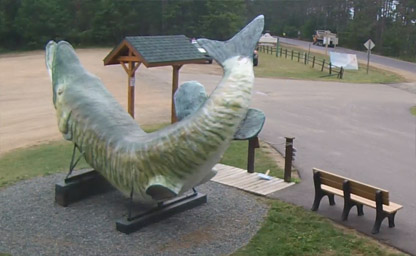
Situated in the Northwoods of Wisconsin
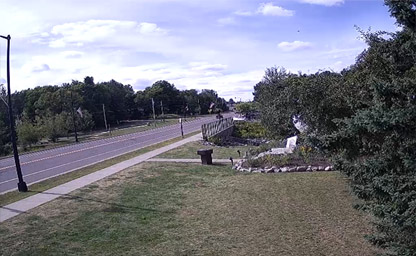
The "Loon Capital of the World" to promote tourism
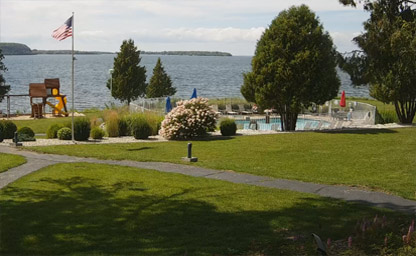
Experience the Amazing Door County Sunset at Bay Shore Inn
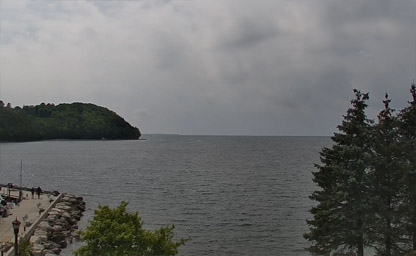
The largest community in Northern Door
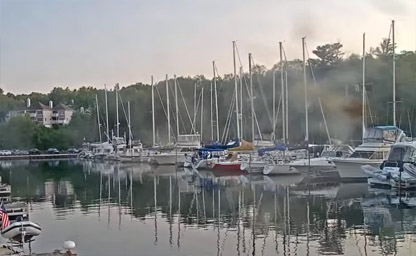
The gateway to the Apostle Islands National Lakeshore
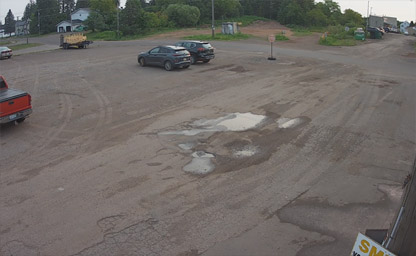
A city in and the county seat of Iron County
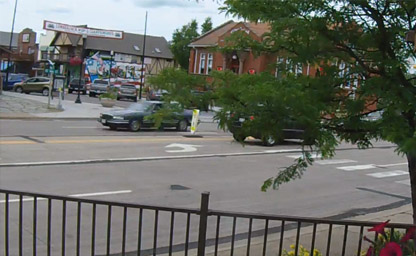
It is the county seat of Sawyer County
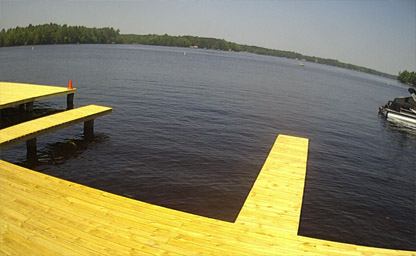
Big Stone Lake at Sunset Grill
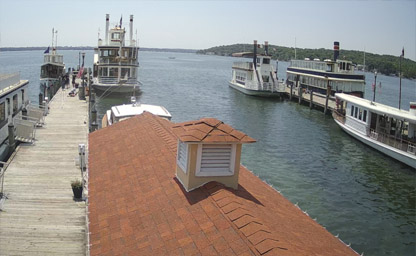
Is a 5401 acre lake located in Walworth County
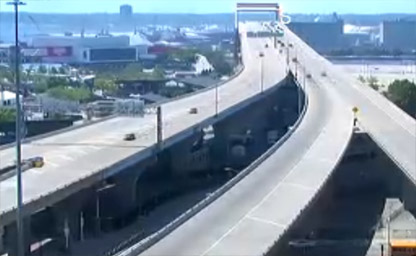
One of the longest serving mayors of Milwaukee
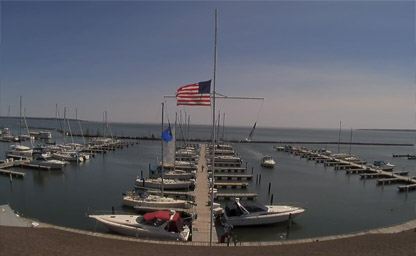
Right at the entrance of the Apostle Islands National Lakeshore
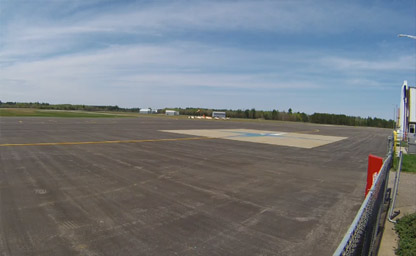
Nestled in the center of Wisconsin's famous Northwoods
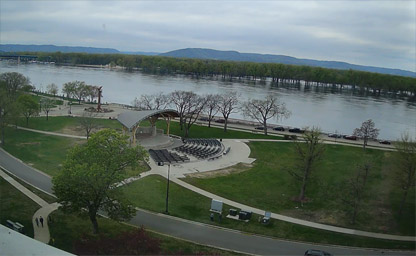
Explore the beauty of Mississippi River, the Big Blue Bridge and the Riverside Park
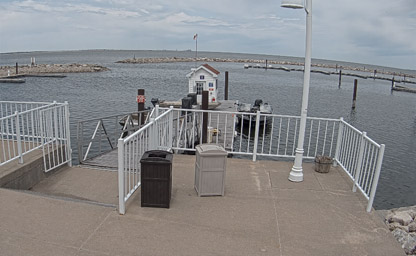
At the head of Green Bay a sub-basin of Lake Michigan
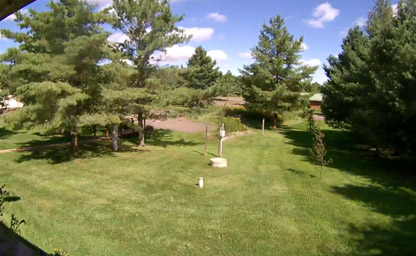
Exploring the shores of The Apostle Islands and Lake Superior
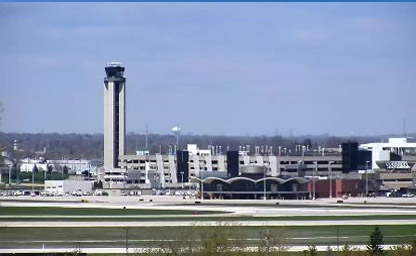
General Mitchell International Airport, on south of downtown Milwaukee
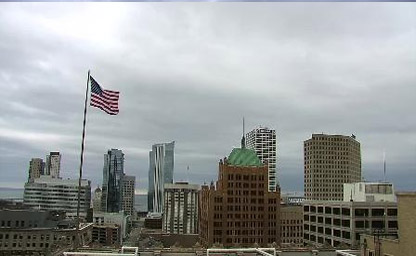
On Lake Michigan's western shore
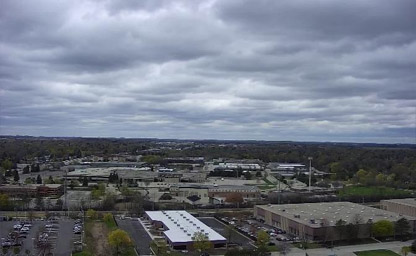
It is part of the Milwaukee metropolitan area
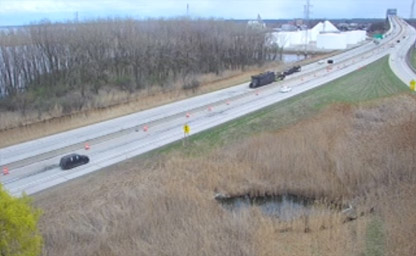
Situated on the north side of Green Bay
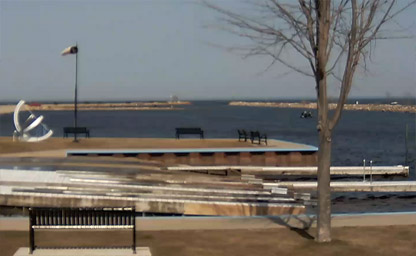
Apectacular shores of the Bay of Green Bay
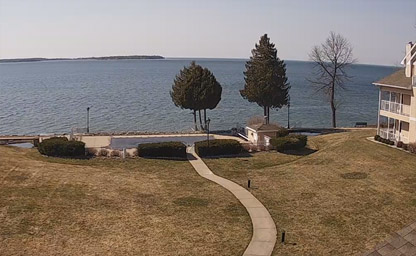
The largest city of the Door Peninsula
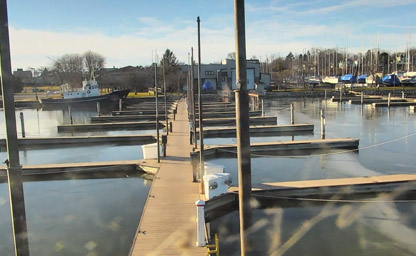
The Most Trusted and Capable Boatyard on beautiful Lake Michigan
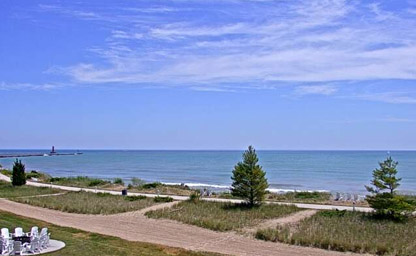
Wisconsin Metropolitan Statistical Area, in the heart of Harbor Centre
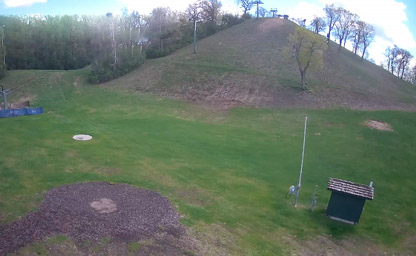
Ski camera views facing the Mountain Top ski hill
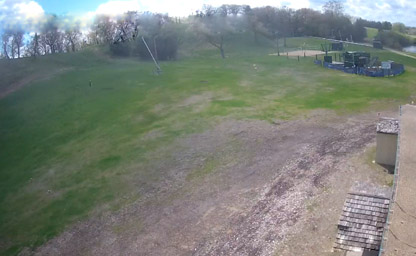
See the conditions before planning your Lake Geneva ski trip
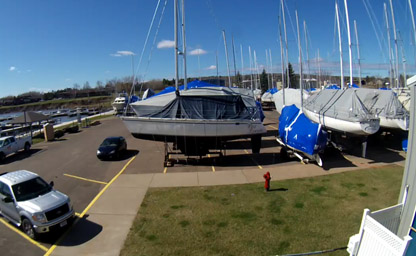
Anchored on the shores of beautiful Chequamegon Bay
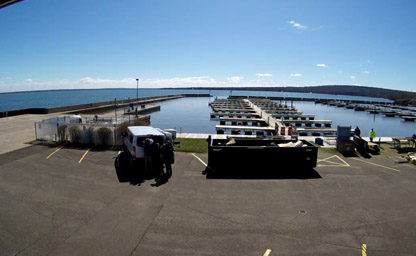
From northern Wisconsin, on the shore of beautiful Lake Superior's Chequamegon Bay
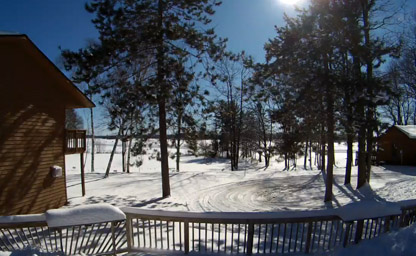
Excellent Central lake location overlooking the famous Chipewa Flowage
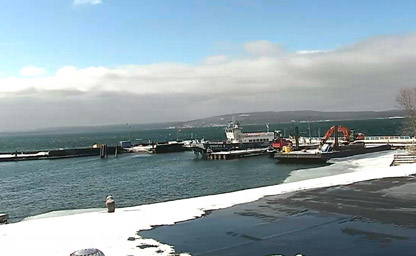
Located in Lake Superior off Wisconsin’s North Coast
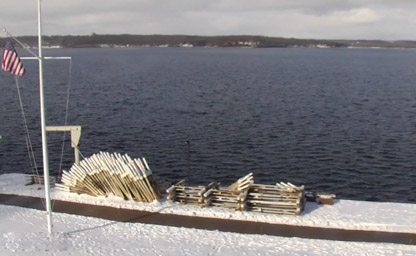
Located on the south shore of Geneva Lake
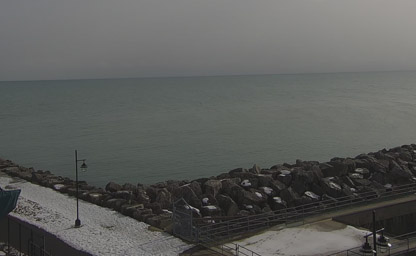
Situated in the center of Kenosha's new Harbor Park Development
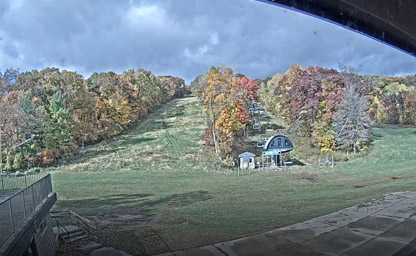
Breathtaking panoramic views of the scenic Wisconsin landscape
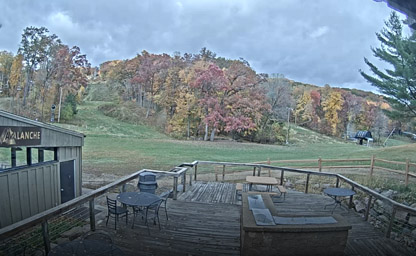
A beautiful village in Sauk County
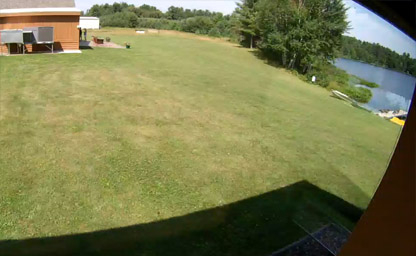
Paddle and fishing boats for our guest
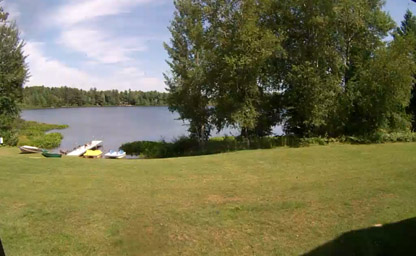
Located on Lake San Domingo
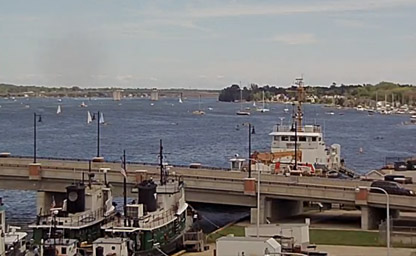
Enjoy beautiful sunsets and check out the weather in Door County, Wisconsin
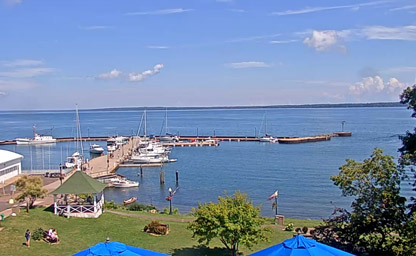
Located on the rooftop of The Bayfield Inn
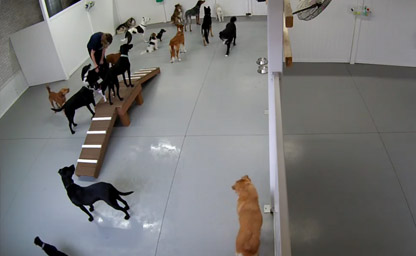
Situated along the shores of the Fox River
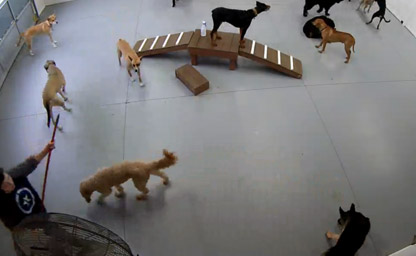
It is part of the Milwaukee metropolitan area
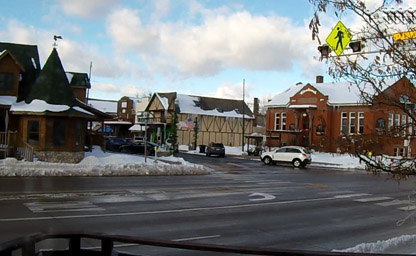
A beautiful city in Sawyer County - Wisconsin
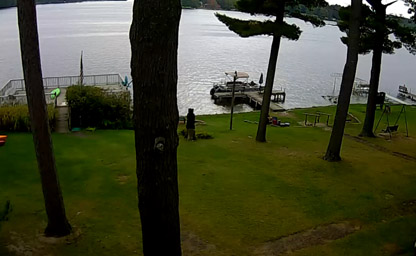
Overlooking Moose Ear, Ten Mile and beautiful Lake Chetek
IpLiveCams provide a real-time glimpse into the Badger State’s diverse landscapes, vibrant cities, and rich cultural heritage. From the picturesque shores of the Great Lakes to the rolling hills and forests of the countryside, these webcams capture the beauty and charm of Wisconsin.
Webcams along Lake Michigan and Lake Superior offer stunning views of the water, with scenes of serene harbors, bustling marinas, and mesmerizing sunsets. Popular locations such as Door County and the Apostle Islands showcase Wisconsin’s natural coastal beauty.
Nature enthusiasts can explore the state’s parks and wilderness areas through live feeds. Cameras in places like Devil’s Lake State Park and the Chequamegon-Nicolet National Forest provide views of tranquil lakes, wooded trails, and occasional wildlife sightings.
Urban-focused webcams in cities like Milwaukee, Madison, and Green Bay highlight Wisconsin’s cultural and economic hubs. Viewers can enjoy glimpses of landmarks such as the Milwaukee Riverwalk, the Wisconsin State Capitol, and Lambeau Field, as well as live views of local events and festivals.
Seasonal changes in Wisconsin are a visual treat, with vibrant fall colors, snow-covered winter landscapes, blooming spring flowers, and lively summer lakeside activities. Each season offers unique and captivating scenes to enjoy.
Whether you’re planning a visit, reminiscing about a trip, or simply exploring from afar, live streaming webcams from Wisconsin provide an immersive way to experience the state’s natural beauty, vibrant communities, and rich traditions.
Wisconsin's history is a rich tapestry woven from the interactions of indigenous cultures, European settlers, and the evolving economic and social landscape of the United States. Long before European contact, Wisconsin was home to diverse Native American tribes, including the Ho-Chunk, Menominee, Ojibwe, and Potawatomi. These tribes thrived on the state's abundant natural resources, engaging in hunting, fishing, and agriculture. Their influence remains evident in Wisconsin’s place names and cultural heritage.
European exploration of Wisconsin began in the 17th century, spearheaded by French explorers like Jean Nicolet, who arrived in 1634. The French established fur trade networks with Native American tribes, making Wisconsin an essential part of New France. Missionaries followed, seeking to spread Christianity among the indigenous population. By the 18th century, control of the region shifted between the French, British, and ultimately the United States after the Revolutionary War.
The 19th century was a transformative period for Wisconsin. It became part of the Northwest Territory in 1787, and the U.S. government encouraged settlement through the Ordinance of 1787. Wisconsin achieved statehood on May 29, 1848, as the 30th state. The influx of European immigrants, particularly Germans, Scandinavians, and Poles, shaped the state's cultural and architectural identity. These communities brought farming techniques, crafts, and traditions that still influence Wisconsin’s character.
Wisconsin’s economy evolved significantly during the Industrial Revolution. Milwaukee became a hub for brewing, earning the state its nickname, "America’s Dairyland," as agriculture and dairy farming flourished. Logging and mining were also prominent industries, with vast northern forests supplying timber for national construction projects.
The Progressive Movement in the early 20th century found a stronghold in Wisconsin, led by figures like Robert M. La Follette. His reforms in education, workers’ rights, and government transparency cemented Wisconsin's reputation as a state committed to progressive ideals. The state also played a pivotal role in World War II manufacturing, with industries in Milwaukee and other cities contributing to the war effort.
Today, Wisconsin's history is celebrated in its many museums, historic sites, and festivals. From the Old World Wisconsin living history museum to the annual Oktoberfest celebrations in La Crosse, visitors can experience the diverse influences that have shaped the state’s past and present.
Wisconsin's climate is classified as humid continental, characterized by four distinct seasons. Its weather is influenced by its proximity to the Great Lakes, particularly Lake Michigan and Lake Superior, which moderate temperatures and create unique microclimates across the state.
Winters in Wisconsin are cold and snowy, with temperatures often dropping below freezing. January is typically the coldest month, with average lows ranging from 0°F in the northern regions to 10-20°F in the southern parts of the state. Snowfall varies widely, with northern areas receiving heavier accumulations due to lake-effect snow. Winter sports enthusiasts flock to destinations like the Apostle Islands and Rib Mountain for skiing, snowshoeing, and ice fishing.
Spring is a season of renewal, as temperatures gradually rise and snow gives way to budding trees and blooming flowers. However, it can also be a season of volatile weather, with thunderstorms and occasional tornadoes. Daytime temperatures in April and May range from the 50s to 70s°F, making it an ideal time to explore Wisconsin's state parks and nature trails.
Summers in Wisconsin are warm and humid, with average highs in the 70s and 80s°F. The state’s abundant lakes, rivers, and beaches make summer a prime time for water-based activities such as boating, swimming, and fishing. Festivals and fairs, including the famous Wisconsin State Fair, draw large crowds to enjoy local food, music, and entertainment.
Autumn in Wisconsin is a spectacular season, with cooler temperatures and vibrant fall foliage. The state’s forests, particularly in the north, come alive with shades of red, orange, and yellow. September and October temperatures range from the 40s to 60s°F, providing comfortable conditions for outdoor activities like hiking, apple picking, and scenic drives.
While the climate varies significantly across Wisconsin, its seasons offer opportunities for year-round activities, making it a destination that caters to a wide range of interests and preferences.
Wisconsin spans approximately 65,498 square miles, making it the 23rd largest state in the United States. Its geography is defined by a mix of rolling hills, fertile plains, dense forests, and an extensive network of waterways. The state is bordered by Lake Superior to the north, Lake Michigan to the east, Minnesota and Iowa to the west, and Illinois to the south.
The state is divided into five primary geographical regions, each with its unique features. The Lake Superior Lowland in the northwest is a narrow strip of land along the lake, characterized by sandy beaches, clay bluffs, and the Apostle Islands. This region is a haven for outdoor enthusiasts, offering opportunities for kayaking, hiking, and exploring sea caves.
To the south lies the Northern Highland, a region of forests, lakes, and wetlands. This area includes the Chequamegon-Nicolet National Forest and the Headwaters Wilderness, home to the headwaters of several major rivers, including the Wisconsin and Flambeau Rivers. The Northern Highland is a popular destination for fishing, camping, and wildlife observation.
The Central Plain is a swath of land stretching from the northwest to the southeast. It is characterized by sandstone formations, cranberry bogs, and rolling farmlands. The Wisconsin Dells, a renowned tourist destination, features unique rock formations carved by the Wisconsin River over millennia.
The Western Upland is a rugged region of hills, valleys, and coulees, shaped by the Driftless Area—a portion of the Midwest untouched by glaciers during the last Ice Age. This area includes the scenic bluffs along the Mississippi River and is a prime location for birdwatching, hiking, and exploring quaint river towns.
The Eastern Ridges and Lowlands stretch along Lake Michigan, encompassing the state’s most populous cities, including Milwaukee, Green Bay, and Madison. This region features fertile farmland, rolling hills, and a dynamic urban landscape. Door County, a peninsula jutting into Lake Michigan, is a popular destination for its charming villages, cherry orchards, and scenic coastline.
Wisconsin’s waterways are a defining feature of its geography. With over 15,000 lakes and countless rivers and streams, the state offers endless opportunities for recreation and exploration. The Mississippi, Wisconsin, and Fox Rivers are vital for transportation, commerce, and leisure.
When visiting Wisconsin, don’t miss a chance to experience the Ice Age National Scenic Trail. This unique hiking trail spans over 1,000 miles, tracing the edge of the last glacier that sculpted the state’s landscapes. It offers breathtaking views and a chance to connect with Wisconsin’s geological history.
An interesting fact about Wisconsin is that it produces more cheese than any other state in the United States, earning it the title of "America’s Dairyland." The state is home to over 1,200 licensed cheesemakers who craft everything from cheddar and gouda to specialty artisan varieties. Sampling Wisconsin cheese is a must for any visitor!